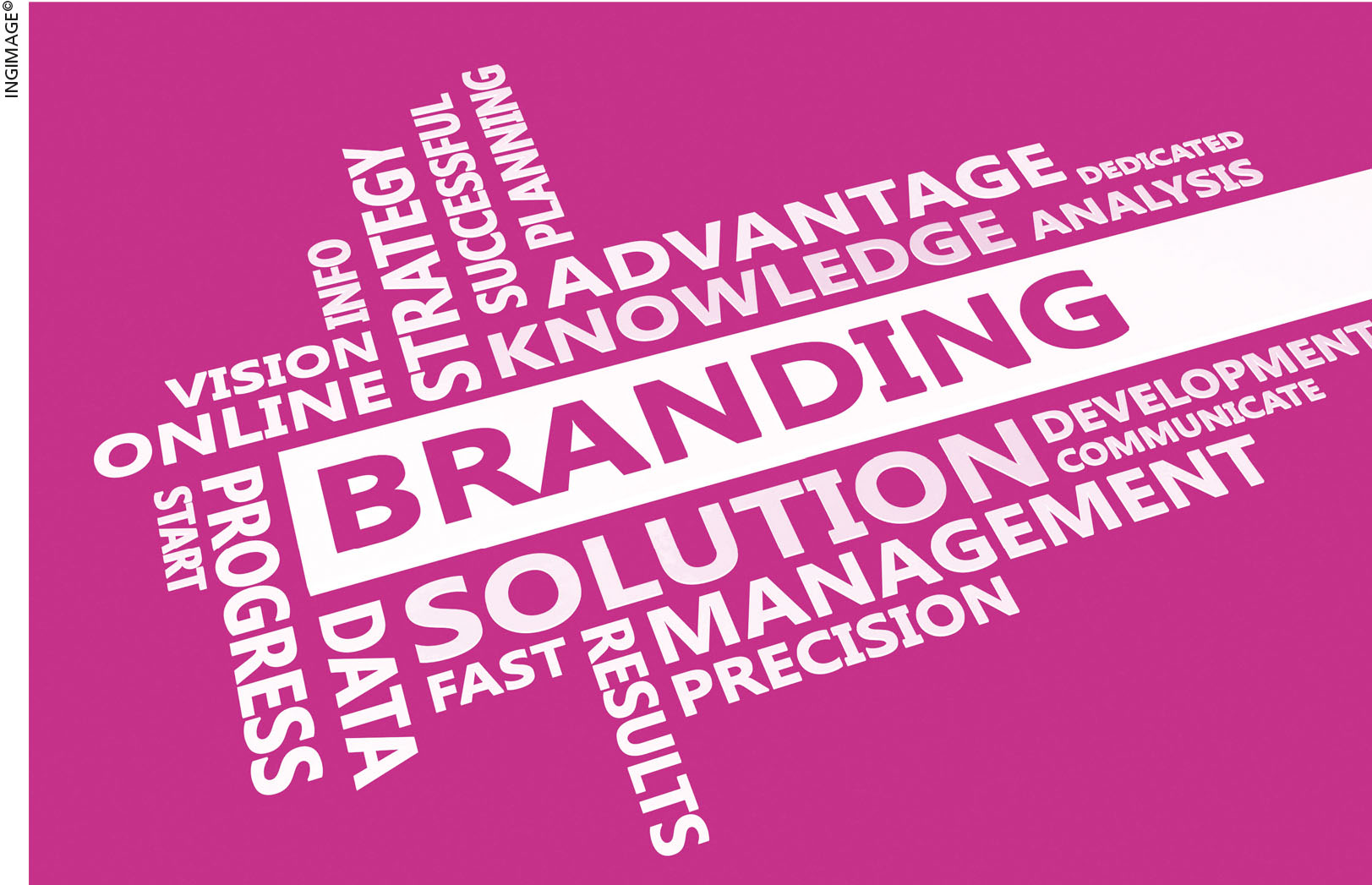Unlike a host of consumer products, very few B2B brands are well known to most of us in the world of business. There are many reasons for this including the lack of mass media advertising. In B2B, the corporate brand should encompass everything that a business does.
 In an era where products and services are bound to be imitated in next to no time, brands play a key role in differentiation depending on the values they represent. A strong corporate brand is crucial from a B2B perspective as individual product branding will be more expensive for a smaller universe of prospects.
In an era where products and services are bound to be imitated in next to no time, brands play a key role in differentiation depending on the values they represent. A strong corporate brand is crucial from a B2B perspective as individual product branding will be more expensive for a smaller universe of prospects.
BRANDING FOR B2B GROWTH
A strong corporate brand is vital for biz – Dr. Muneer Muhamed explains
Corporate branding and product sub-branding are some of the ways in which most B2B companies go to market. However, they often fail to focus on corporate branding for various reasons including the pressure on selling new products with limited budgets.
When preparing marketing budgets, most organisations prepare them independently of the planning exercise. For instance, they adopt a budget hike or cut based on the sales team’s projections. Unless planning and budgeting are worked on together, the focus on what has to be done will be missed for tactical short-term gains.
It’s important to realise that the corporate brand affects the entire enterprise. This includes all employees, products, services, customers, shareholders, suppliers, external partners such as dealers, government and regulatory agencies, industry associations and chambers of commerce, society in general and so on. On the other hand, most product brands merely focus on some stakeholders.
A corporate brand represents all that the business does as an enterprise. It speaks to what customers and stakeholders can expect from the organisation, and highlights the quality of every product and service being offered. In many cases, the corporate brand serves as a fundamental guarantee that its product brands and people will do what they say they’ll do. There’s no other tangible or intangible asset that a business has that can do this work.
For many B2B clients with whom we work, the corporate brand is irrelevant; they focus more on product branding. Hardly anyone invests precious time and valuable resources explaining their values as an organisation. If your enterprise is like most others that I know, you will see people in sales and marketing, product development, manufacturing, customer service and every other department dealing with brands on a daily basis.
Yet, the enduring corporate brand that all your employees and customers have in common is often forgotten and hardly cared for. Keep in mind that this is the asset with the greatest number of touch points – both inside and outside.
Knowing this, will you continue to do the same going forward?
We live in a world of disruption and competitive advantages that are fleeting. Even a high-tech product will have a ready substitute in nine months! In such a scenario, how can a corporate rely on product branding alone?
The good news is that a competitor can’t copy the brand, its values, culture and unique customer services. Doesn’t it make sense therefore, to focus more on differentiating and branding at the corporate level in the B2B sector?
Only this will help in the long term; and by doing so, you’re not moving away from product differentiation and related developments. You will continue to develop products that your customers need but also create a long-lasting impression in their minds about your organisation as a brand – and that will entice them to purchase more from you.
One of our clients is an industry leader and drives the business with select customers. The client adopts a focussed customer-centric approach in delivering not only products but also value adding services. And because of the corporate branding and aligned deliveries, it’s been able to grow at 30 percent in a mature industry even when market growth has been sluggish at below 10 percent.
Some organisations only have corporate rather than product branding. What they sell and their corporate brands are the same. You will find this scenario mostly in service companies, generic ingredient makers and component suppliers – IT providers or computer programmers, architects, accountants, engineering and law firms, and consultants in scores of industries.
With service brands, tangible goods do not change hands between buyers and sellers. So the people who serve customers demonstrate the values and all that the corporate brand represents. This is true for real estate developers, construction companies, assembly and repair firms, and so on.
Yet, most of the builders today don’t seem to realise the dangers associated with defaulting on one project. To echo what my friends Al and Laura Ries often ask about positioning: ‘What is it that your company stands for?’
All businesses need to establish a strong position… and it goes without saying that this is the corporate brand.
What is it that your company stands for?
This content is available for subscribers only.





